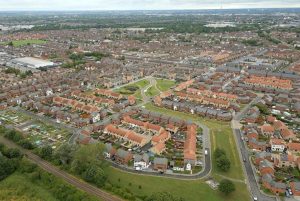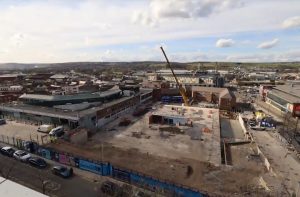Unexpected inflation slowdown welcomed

CPI INFLATION’s slowdown during June to 4.2% has been welcomed but viewed as a surprise by commentators.
The consumer prices index figure dropped by 0.3% from 4.5% in May with the Office for National Statistics stating the main downward pressure to annual inflation came from recreation and culture.
The main upwards pressures came from food products.
The retail prices index inflation figure fell to 5% in June from 5.2% the previous month.
David Scott, senior stockbroker at Redmayne-Bentley, said: “Both the RPI measure and CPI measures of inflation came in below expectations, helped by recent weakness in oil prices which offset rising food prices.
“Prices for food and non-alcoholic beverages increased 6.9% on an annual basis, the highest increase since May 2009.
“The pause in inflation rate however looks likely to be only temporary as the annual rise in prices, as measured by the consumer prices index (CPI), is forecast to hit 5% within months, a higher peak than previously anticipated by the Bank of England, which has recently had to revise its forecast upwards to reflect rises in energy prices.”
Andrew Goodwin, senior economic advisor to the Ernst & Young ITEM Club, said: “The slowdown in inflation is a surprise, though looking at which sectors came in weaker you can attribute a lot of this to retailers starting their summer sales earlier than usual as they scrambled to try and support sales volumes.
“Even after today’s big drop there is still a reasonable chance that inflation will hit 5% in the autumn, particularly if other energy providers raise their prices. But after that we expect to see inflation slow quite sharply, particularly from the beginning of next year when the VAT rise and this year’s sharp increases in commodity prices drop out of the calculation.
“This release provides the MPC with more breathing space to assess whether the recent soft patch in activity is temporary or not. We expect them to hold fire until at least November, with the odds on an earlier rise now very long.”







